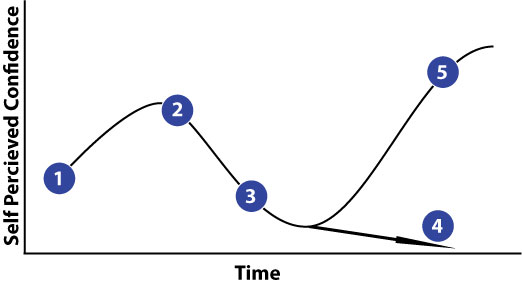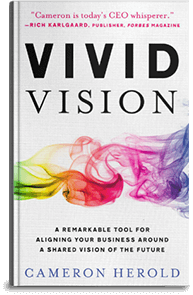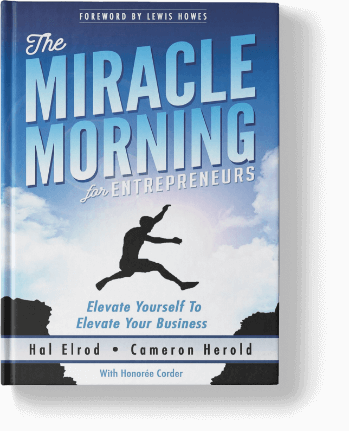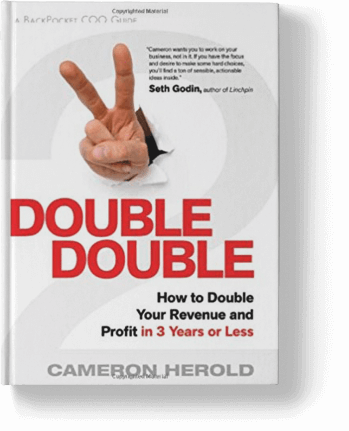
Richard Branson, Bill Gates, and every entrepreneur I’ve ever met has ridden the roller coaster of running a business.
The key to riding it out is that you’ve really got two choices: You can hold on and scream, or you can wave your hands in the air and have fun. Either way, you’re going to ride it.
I didn’t come up with the idea of the Transition Curve but what I figured out what entrepreneurs should or shouldn’t do when they are at each stage. It’s one thing to identify the feelings at each stage, and another thing entirely to know what to do when you’re on the ride itself.
WARNING: DO NOT THINK THESE WON’T HAPPEN TO YOU. IF YOU’RE HUMAN THEY WILL!!
Stage 1: Uninformed Optimism
Uninformed Optimism is the stage on a real roller coaster just when you’re getting to the top. You have feelings of adrenaline pumping through your veins, excitement, nervous energy and many other feelings.
In the world of running your own business, when you get to this stage, you’re excited, filled with energy, passion and it’s fun. No coffee is needed – you’re ON FIRE. You don’t really know what’s coming next, but you’re excited about the future regardless.
However, the excitement is also built on the unknown. You just think you’re invincible at this stage.
This optimism should not be discouraged but entrepreneurs need to recognize that’s what they’re feeling, and should harness it and use it to be successful. If you’re being coached or mentored by someone at this stage, ensure they don’t contribute to your already unrealistic expectations. Don’t let them oversell or overexcite you. Just harness the energy you already have.
Also, recognize that this enthusiasm and optimism won’t last. In the near future, it will change and you will become increasingly disappointed, discouraged, and pessimistic. That’s normal, but also temporary.
Stage 2: Informed Pessimism
As you ride over the top of the roller coaster curve, you’ve now got a little bit more information and you have feelings of fear, nervousness, and frustration. You might even want to get off the ride. You’re thinking, “I’m not really sure what’s coming yet, but I’m getting a little nervous in my gut about it!”
You’ll begin to become a little bit more pessimistic on your whole business. You’ll focus a bit more on the shortcomings. Your glass starts looking half empty instead of the half full.
Stage 3: Crisis of Meaning
Then you hit a stage called ‘Crisis of Meaning.‘ This is when you’re really scared. You’re in despair. This is like you’re standing on the edge of a cliff ready to jump. Your thoughts might be something like, “Today the coaster’s going off the bottom of the track for the very first time. I’m going to die!” You feel helpless, terrified and frozen.
Stage 4: Crash & Burn (optional)
If you don’t pull through the bottom of the curve and round the corner, then you will Crash & Burn. Crash & Burn is basically when you go bankrupt, are forced to sell or whatever other horrible catastrophe befalls your business.
Sometimes it takes a massive amount of effort, tears and tenacity to pull through this stage. If you’re working closely with a good coach they should help you identify in advance all of the support groups or activities; which you can use to reduce stress and turn around these situations.
Often this is a stage where franchisees do much better than solo companies. Many franchisors are good at helping franchisees avoid problems at this stage because they have seen it so many times already with other franchisees. 85% of all solo businesses fail within the first year. And something like 85% of the surviving 15% fail in the next four years. The odds aren’t good that you’re going to get through this whole curve.
The people that do actually get through it are the ones that recognize they are starting to have those feelings and quickly turn for support from whomever can help. You just have to ride it out, and knowing that you’re going to get through the other side is important.
Stage 5: Hopeful Realism/Informed Optimism
At the stage called Informed Optimism, you’re calm and informed. You might even say you are cautiously optimistic.
For more information on this topic, check out: The Emotional Roller Coaster of Entrepreneurs.




